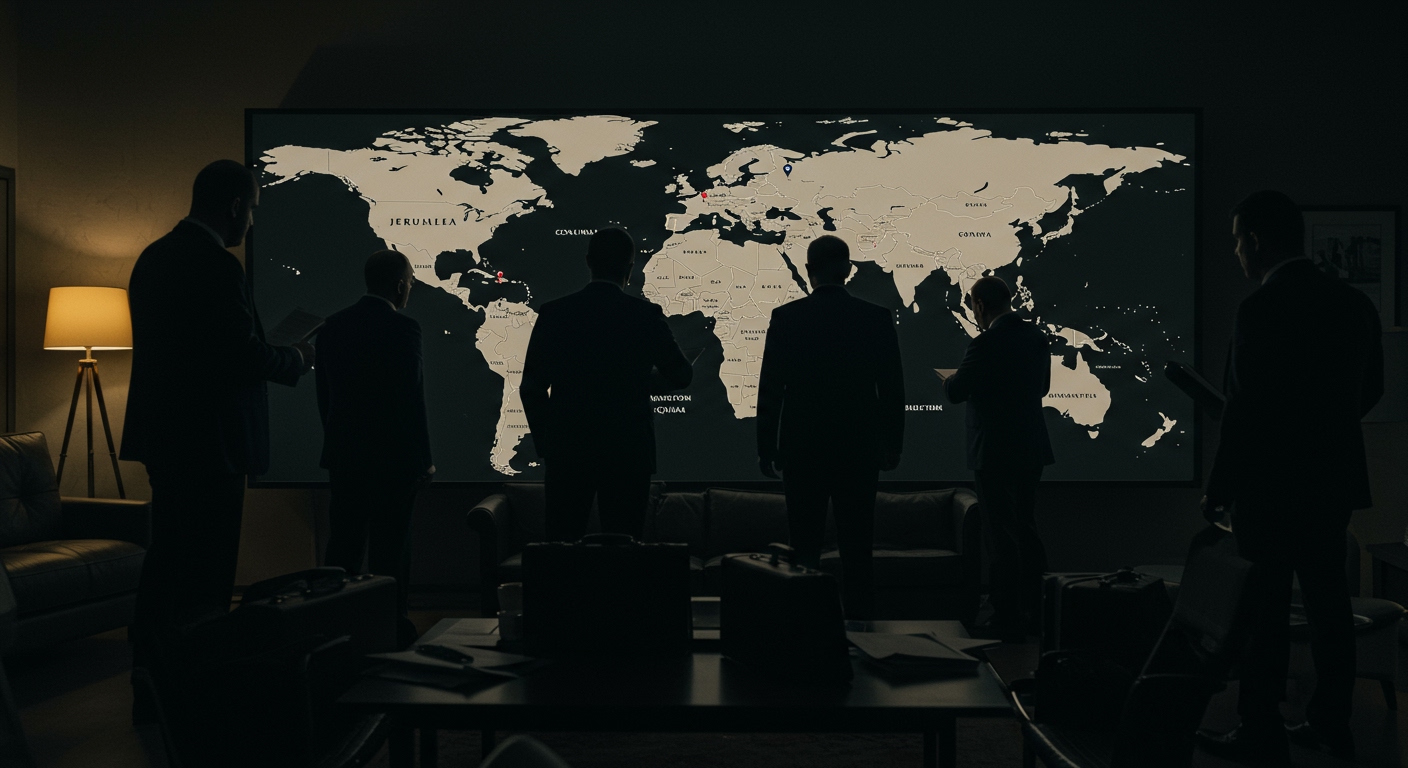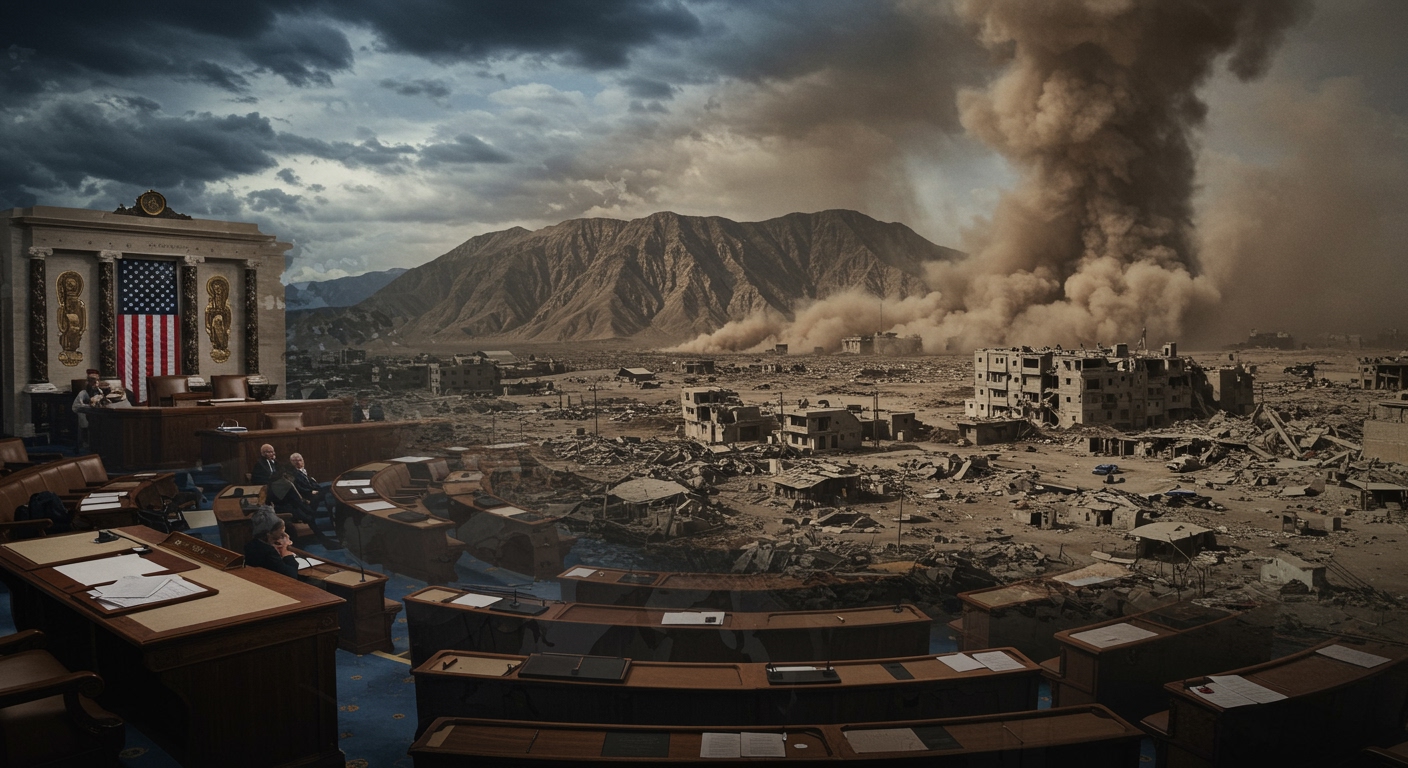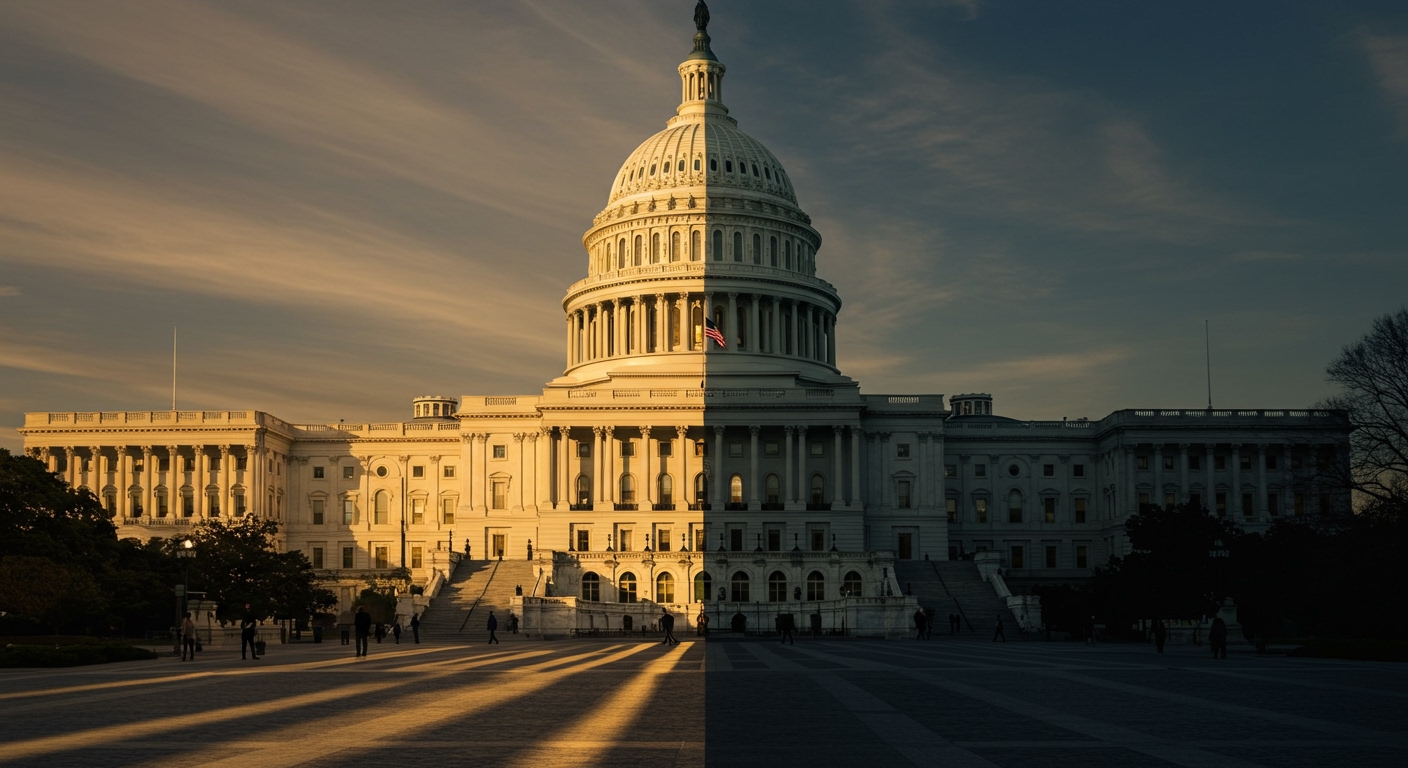JERUSALEM – Israeli President Isaac Herzog on Saturday, July 6, 2025, held a pivotal meeting with Prime Minister Benjamin Netanyahu, emphasizing the critical need for a breakthrough in negotiations to secure the release of hostages held in Gaza and establish a ceasefire. The meeting took place in Jerusalem just days ahead of Netanyahu’s scheduled summit with U.S. President Donald Trump in Washington on the upcoming Monday.
Presidential Plea Amidst Diplomatic Push
According to a readout released by President Herzog’s office, the president underscored the paramount importance of the hostage issue, describing the pursuit of a deal as an “important mission” for Prime Minister Netanyahu during his visit to the United States capital. Herzog’s message highlighted the urgency of the situation, stating unequivocally that a deal should be sealed even if “the cost is not simple.” This plea from the head of state signals mounting pressure within Israel for a resolution to the crisis, which has deeply impacted the nation since hostilities intensified.
Negotiation Team Composition Under Scrutiny
The diplomatic push for a deal is currently centered in Doha, Qatar, where an Israeli delegation is actively engaged in ongoing talks. The composition of this delegation reflects various facets of Israel’s security and political establishment, including government hostage point man Gal Hirsch and Prime Minister Netanyahu’s political adviser Ophir Falk. Security agency representation includes the deputy Shin Bet chief, identified only by his initial “Mem,” and a senior official from the Mossad intelligence agency.
However, the absence of several key senior officials from the delegation has drawn attention. Notably, Mossad chief David Barnea, acting Shin Bet head “Shin,” and Strategic Affairs Minister Ron Dermer were not listed as members of the current team in Doha. The specific reasons for the absence of these high-level figures from this round of negotiations were not immediately clear, but their roles are typically central to sensitive security and diplomatic endeavors of this magnitude.
Escalation and Regional Tensions Persist
The urgent diplomatic efforts are unfolding against a backdrop of continued military activity and regional volatility. On the same day as the Herzog-Netanyahu meeting, July 6, Israeli airstrikes in Gaza resulted in significant casualties. According to reports from hospital officials in the Palestinian territory, at least 33 Palestinians were killed in these strikes. The Israel Defense Forces (IDF) stated that their operations had targeted over 100 terror targets in Gaza.
Further highlighting the widespread nature of the conflict’s repercussions, two members of Iran’s Islamic Revolutionary Guard Corps were reported killed in western Iran. These individuals lost their lives while attempting to defuse explosives said to be remnants of recent Israeli strikes. The incident underscores the shadow conflict extending beyond the immediate borders of Israel and Gaza, involving state and non-state actors across the region.
Diplomatic Channels Reopened in Tehran
Amidst these tensions, a notable diplomatic development occurred in Tehran. The Swiss embassy there, which serves as the representative of United States interests in Iran, has officially reopened. The embassy had been closed since June 20. The reopening of this crucial diplomatic channel, facilitating communication between the U.S. and Iran, takes place at a time of heightened regional friction and indirect confrontations.
Prime Minister Netanyahu’s upcoming visit to Washington to meet with President Trump is anticipated to focus heavily on the ongoing conflict, efforts to secure the hostages, the future of Gaza, and broader regional security challenges posed by Iran and its proxies. President Herzog’s pre-visit message serves to elevate the hostage crisis to the forefront of Netanyahu’s agenda, emphasizing that a resolution, regardless of its complexity or perceived cost, remains the most pressing objective.





